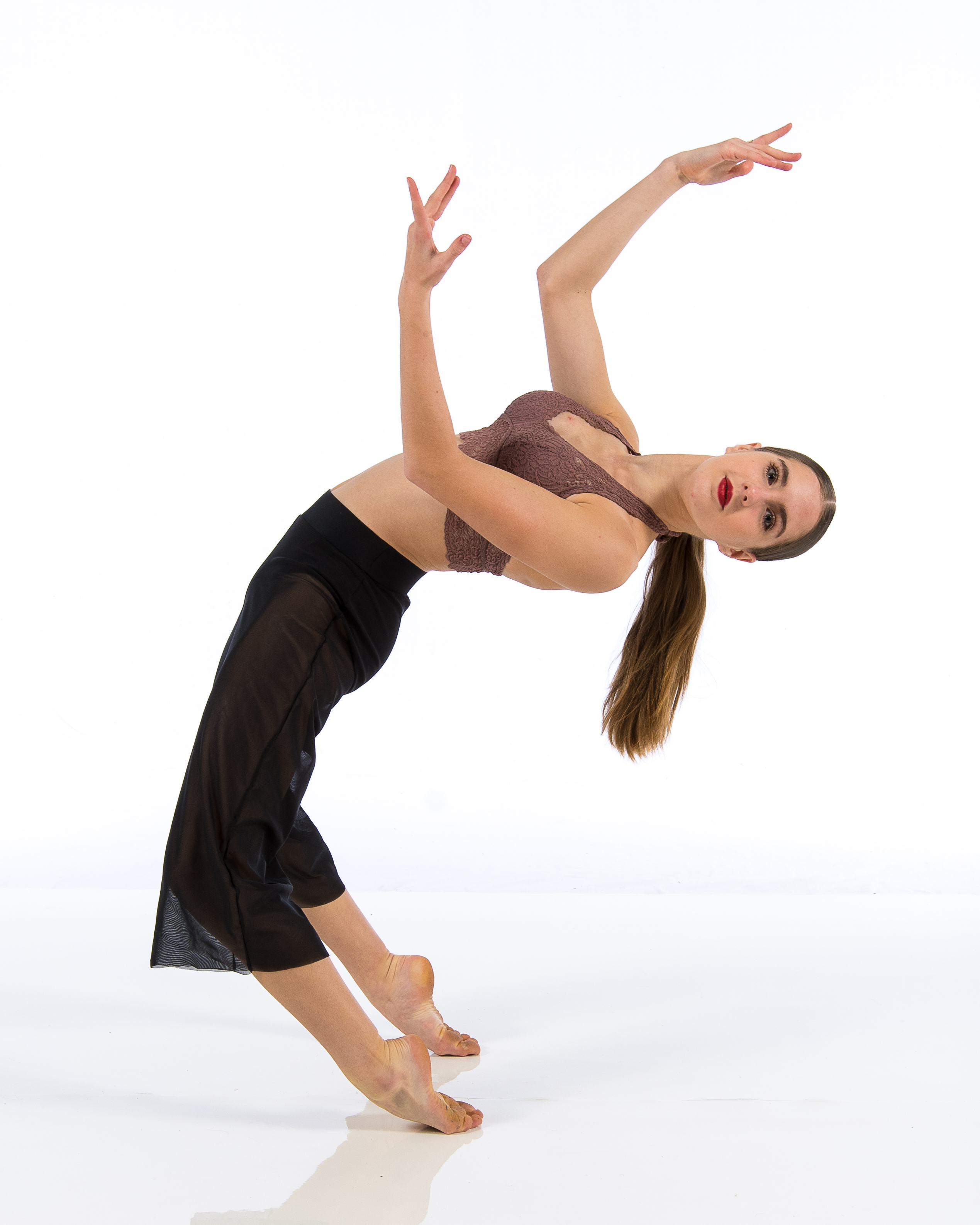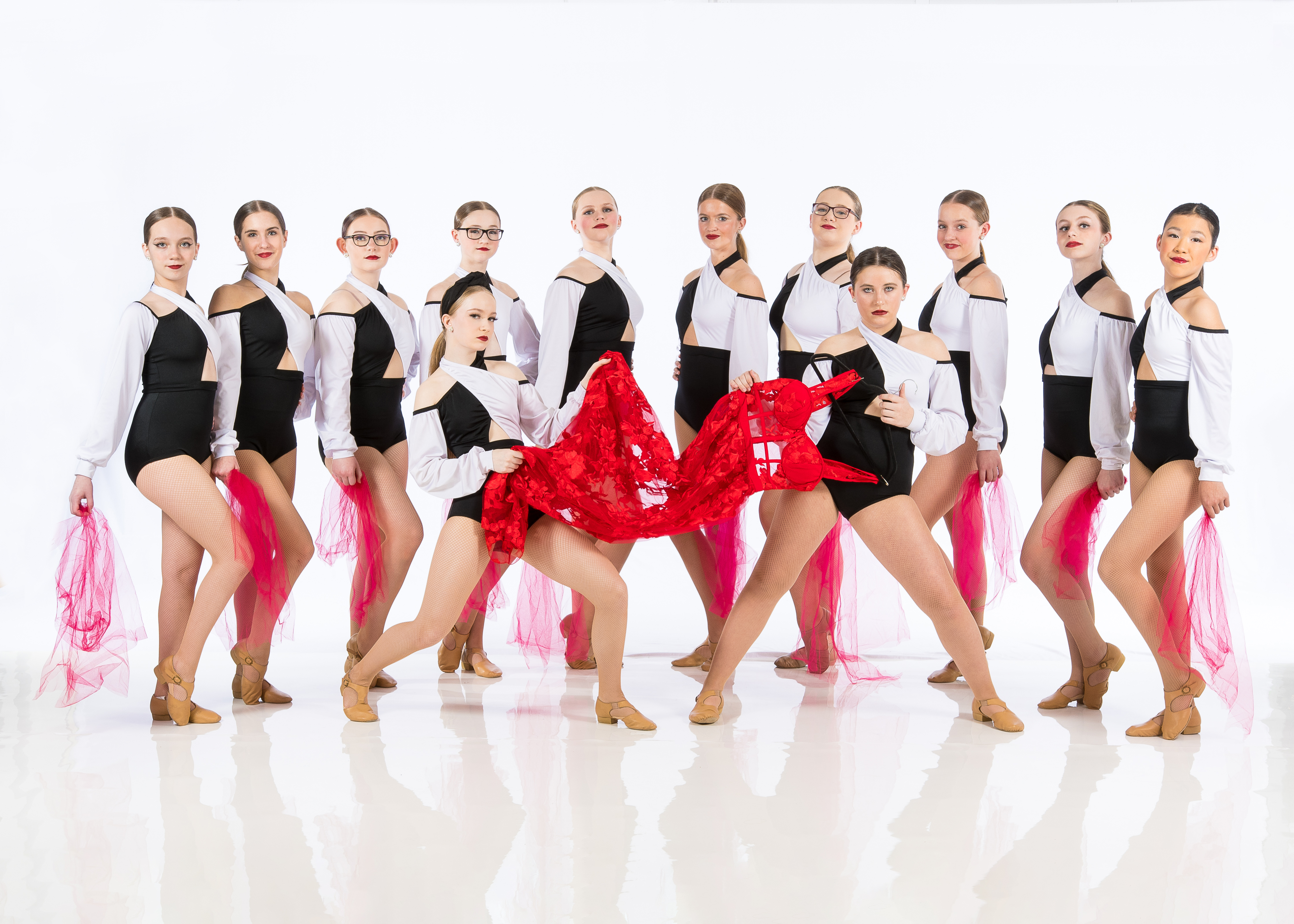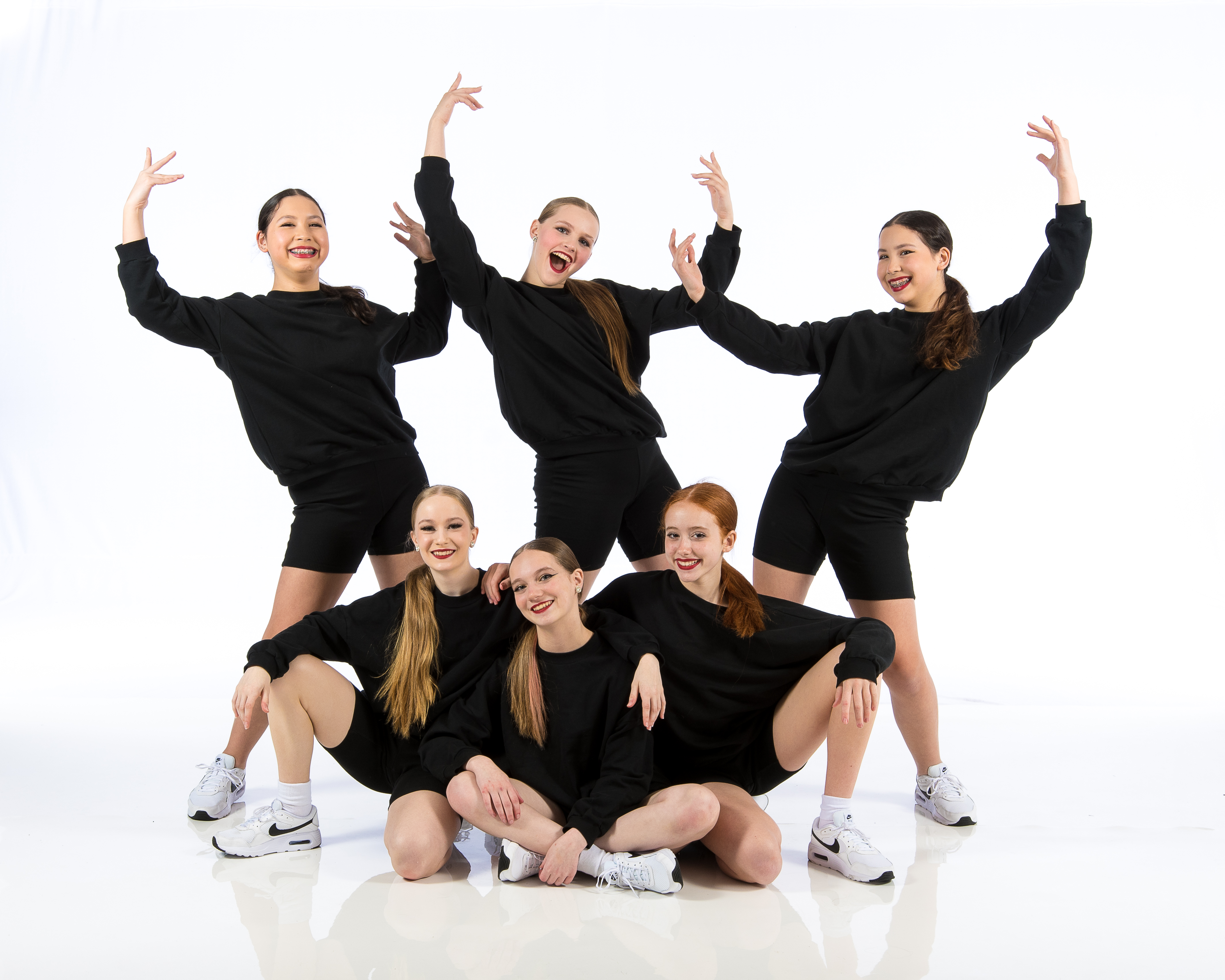Introduction
Dance is an art form that transcends obstacles, unifies communities, and bursts with the vigor of human expression. Whether you're a budding dancer entering a dance studio for the very first time or a skilled performer wanting to refine your craft, recognizing dance studio rules is important for making sure a positive experience. This considerable guide titled From Novice to Expert: Navigating Dance Studio Decorum for an Unified Experience will take you through every facet of dance studio actions, supplying insights that will elevate your experience and foster stronger connections within the dancing community.
Understanding Dance Studio Etiquette
What is Dance Studio Etiquette?
Dance studio decorum describes the set of rule of thumbs and social standards that control behavior in a dancing class setting. Much like any kind of other creative atmosphere, appreciating these guidelines can boost not only your understanding experience however also that of your peers.
Why is Dance Studio Etiquette Important?
Adhering to proper rules assists develop an ambience of regard, emphasis, and cooperation. It cultivates a feeling of area and allows professional dancers to sustain each other in their growth while lessening distractions during class.
From Amateur to Specialist: The Importance of First Impressions
Preparing for Your Very first Class
Walking into a dance studio for the very first time can be nerve-wracking. To make a remarkable first impression:
- Dress suitably: Use comfy clothes appropriate for the type of dance you're studying. Arrive early: Purpose to get to least 10-- 15 minutes before course begins. This gives you time to check in, heat up, and settle in.
Greeting Your Instructor
A pleasant greeting collections the tone for your experience. Constantly introduce on your own if it's your extraordinary! An easy "Hello there" or "Greetings" can go a lengthy means in establishing rapport.
Classroom Conduct: The Do's and Do n'tshtmlplcehlder 46end.
Do's: Favorable Behaviors
Be Respectful: Respect every person's individual area-- particularly when practicing moves. Listen Actively: Program attentiveness when teachers are speaking; it reveals you value their guidance. Support Your Peers: Encourage fellow dancers; positivity breeds encouragement.Don'ts: Negative Behaviors
Avoid Interruptions: Maintain personal conversations outside the classroom. Don't Use Your Phone: Silence your phone during class; it's disruptive. Refrain from Interrupting: Wait until the teacher coatings before asking questions.The Role of Individual Area in Dancing Studios
Understanding Boundaries
Personal room varies from one person to another, especially in a dance setting where physical distance is typically required during technique routines.
Communicating Convenience Levels
If you really feel unpleasant with exactly how close an additional dancer is obtaining throughout partnered exercises or formations, it's crucial to communicate this nicely and professionally.
Maintaining Professionalism and reliability: Dress Code and Grooming
Importance of Proper Attire
Each dancing style commonly has its own gown code-- whether it be leotards for ballet or baggy clothing for hip-hop classes-- sticking to these criteria shows regard for both your craft and your instructor.
Personal Health Matters
Dancing requires physical effort, which can lead to perspiration. Guarantee you maintain great hygiene by bathing prior to course and using tidy attire.
Behavior During Class: Concentrating On Learning
Engaging with Instruction
It's vital to remain focused during demonstrations. As opposed to just enjoying, proactively involve by imagining exactly how you would carry out each movement.
Asking Inquiries Appropriately
Curiosity boosts finding out! If something isn't clear, feel free to ask concerns-- however guarantee they matter and presented at suitable times (ideally after instructions).
Feedback: Welcoming Positive Criticism
Accepting Responses Gracefully
Constructive objection is component development in any art form. Welcome responses Dance Classes with an open mind and prevent coming to be defensive; bear in mind that review intends to assist boost your skills!
Offering Responses Thoughtfully
When giving feedback to peers, ensure it's positive as opposed to essential; concentrate on what they did well alongside locations for improvement.

Creating Harmony Via Teamwork
The Relevance of Team Spirit
In several dance styles, synergy plays a critical function; developing friendship with fellow dancers leads to improved performances.

Collaborating During Group Exercises
When associated with group jobs or choreography methods, urge creative thinking by respecting every person's ideas while also contributing yours constructively.
Handling Problems Gracefully
Addressing Disagreements Maturely
Conflict might emerge due to misconceptions or differing point of views on choreography options. Take on these issues privately as opposed to publicly airing grievances which could interfere with class harmony.

Seeking Mediation When Necessary
If conflicts escalate past individual resolution initiatives-- look for support from trainers who can moderate effectively based on their experience handling similar situations.
Post-Class Etiquette: Leaving on an Excellent Note
Thanking Instructors After Class
Always express gratefulness towards your teacher after lessons; this enhances positive connections while recognizing their tough work!
Keeping the Workshop Clean
Whether it's getting canteen or nicely organizing props post-class-- preserving tidiness shows respect for common spaces made use of by all dancers!
Engaging Beyond Class Time: Building Area Relationships
Joining Social Events
Participate in social events organized by workshops such as displays or open houses-- these events supply opportunities for networking while enhancing area ties outside structured lessons!
Supporting Other Dancers' Performances
Attending peers' efficiencies shows uniformity within the dancing neighborhood-- it encourages involvement past simple attendance at classes!
Frequently Asked Questions (FAQs)
1. What ought to I wear for my initial dance class?
Select comfy outfit ideal for the particular style you're taking (e.g., leotards for ballet). Always ask about outfit codes beforehand!
2. Is it all right to talk during class?
It's ideal method not to take part in side conversations during instruction as this distracts both teachers & & fellow pupils alike!
3. How do I deal with feeling overwhelmed?
Take deep breaths & & remind yourself that every professional dancer began somewhere! Interact any type of deal with teachers who might provide additional support if needed!
4. What if I disagree with choreography choices?
Express issues professionally either privately or within designated comments sessions rather than honestly critiquing throughout rehearsals; maintaining professionalism and trust helps resolve differences amicably!
5. Should I bring water right into the studio?
Absolutely! Staying moisturized enhances performance levels; simply guarantee containers are safely closed so spills do not happen on floors where others are dancing!
6. Exactly how essential is punctuality?
Preparation is critical as getting here late interferes with focus degrees while creating diversions; purpose constantly arrive early adequate permitting time warm-up correctly prior to classes commence!
Conclusion
Navigating via a dance studio setting can seem daunting at first look however grasping proper rules inevitably changes one's journey from novice status towards expert degree creativity! By adhering closely recognized actions outlined throughout this guide labelled From Novice To Expert: Navigating Dance Studio Decorum For A Harmonious Experience *, you'll cultivate invaluable friendships within neighborhoods enriched imagination while developing technical expertise along with appreciated mentors! So shoelace up those footwear confidently step onto that flooring-- the world awaits your unique expression with movement!